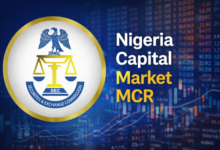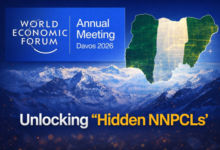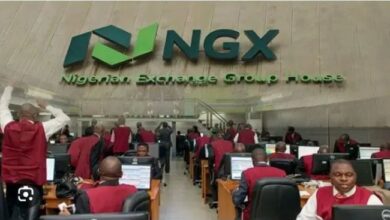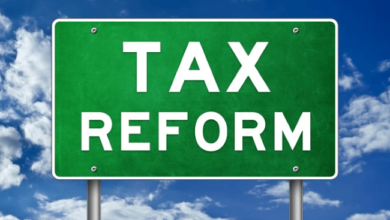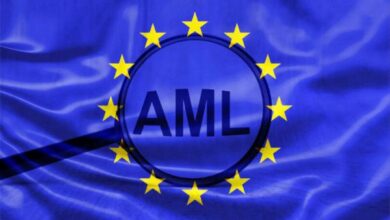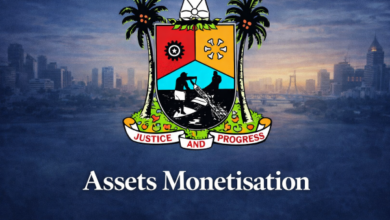From Fragmentation to Inclusion: How NIMC is Powering Nigeria’s Next-Level Growth with Digital Identity Drive
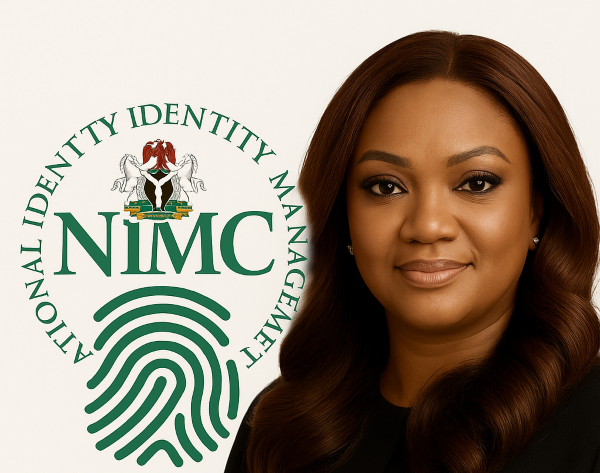
In a stirring speech that blended purpose, policy, and possibility, Engr. Abisoye Coker-Odusote, Director General of the National Identity Management Commission (NIMC), has laid out a bold and optimistic vision for a truly inclusive Nigeria — one where every citizen, no matter their location, status, or circumstance, can confidently say: “I am recognised. I am included. I am identified.”
Coker-Odusote delivered what is fast being recognized as a clarion call — not just for better digital identity systems, but for national transformation powered by data, inclusion, and trust.
Her message was clear: Nigeria’s identity infrastructure is no longer a back-office concern. It is the foundation of economic empowerment, social equity, and digital governance.
The Numbers Don’t Lie: A 49% Identity Enrollment Surge
Since January 2022, Nigeria’s National Identification Number (NIN) enrollment has skyrocketed from 72.7 million to over 122 million as of July 2025 — a remarkable 49% growth in just over three years.
This isn’t just a statistic. It represents millions of Nigerians now able to access credit, student loans, healthcare, and agricultural subsidies through a single, verifiable identity. And this growth is no accident — it’s the product of strategic reforms, stakeholder collaboration, and robust digital transformation.
“We are building a unified, secure, and people-centered identity system — one that is becoming the cornerstone of national planning, financial inclusion, economic empowerment, and digital governance,” said Coker-Odusote.
From Exclusion to Empowerment: Identity as an Economic Engine
The Nigerian identity ecosystem was once a fragmented maze riddled with duplication, extortion, and inefficiency. Today, NIMC is reshaping that narrative through:
- Systemic reforms to cut unofficial fees by 40%,
- Digitization of backend processes, including the rollout of tools like the NINAuth mobile app and Contactless Biometric Solutions,
- Seamless inter-agency integrations with JAMB, FIRS, NHIS, INEC, NCC, NSITF, and more,
- And the pending launch of a General Multipurpose Card (GMPC) in October 2025 — a secure, multi-service identity card enabling access to financial platforms, social welfare, and healthcare.
From NELFUND student loans to SMEDAN disbursements, from CreditCorp credit scores to NIN-enabled farmer subsidies, the identity system is fast becoming a national economic enabler, embedded into every facet of Nigerian life.
Tech-Driven Inclusion: No One Left Behind
NIMC’s focus on inclusivity has extended the identity net into the nation’s most underserved communities — women, children, persons with disabilities, and rural populations.
Through geospatial mapping, mobile enrolment kits, and a bold front-end partnership model now boasting over 7,167 trained and revalidated agents, the Commission is bringing digital identity to doorsteps.
This is backed by grievance redress mechanisms, including dedicated officers in all 36 states and a 24/7 toll-free line, ensuring citizen feedback drives service improvement.
A Blueprint for Digital Trust and Data Protection
With concerns about data privacy and surveillance growing globally, NIMC has prioritized data security and ethical use. The Commission reaffirmed that all personal data is used solely for identity verification and adheres to global ID4D (Identification for Development) standards.
And the vision doesn’t stop there.
Through the Digital ID4D Project Steering Committee — chaired by the Secretary to the Government of the Federation and comprising strategic agencies like NPC, NBS, Immigration, and the CBN — NIMC is pushing a unified national identity strategy that goes beyond administration to governance, commerce, and development.
BRANDECONOMY INSIGHT: Why Digital Identity Is Nigeria’s Silent Superpower
At a time when economic growth depends on data clarity, social safety nets require accurate targeting, and e-commerce hinges on trust, digital identity is the bedrock of Nigeria’s digital and financial future.
It unlocks access.
It empowers the unbanked.
It validates transactions.
It fights corruption.
It builds credit histories.
It fuels entrepreneurship.
It connects citizens to their country.
In an increasingly digitized world, to be unregistered is to be invisible. With over 122 million NINs issued, Nigeria is now ensuring that visibility, and by extension, economic inclusion, becomes a right — not a privilege.
BOTTOM LINE:
Under the leadership of Engr. Abisoye Coker-Odusote, NIMC has become more than an administrative agency. It is a national catalyst for digital transformation and inclusive growth.
But the work is not done. Gaps in digital literacy, misinformation, and enrollment fatigue still exist. Which is why the Commission’s call to the media is both urgent and strategic:
“Help us combat misinformation. Amplify impact stories. Simplify the complex. Be co-builders of a system where every Nigerian can say: ‘I am recognised, I am included, I am identified.’”
And that, more than anything, is the real story — one of identity as infrastructure, inclusion as a mandate, and technology as the bridge to a better Nigeria.




